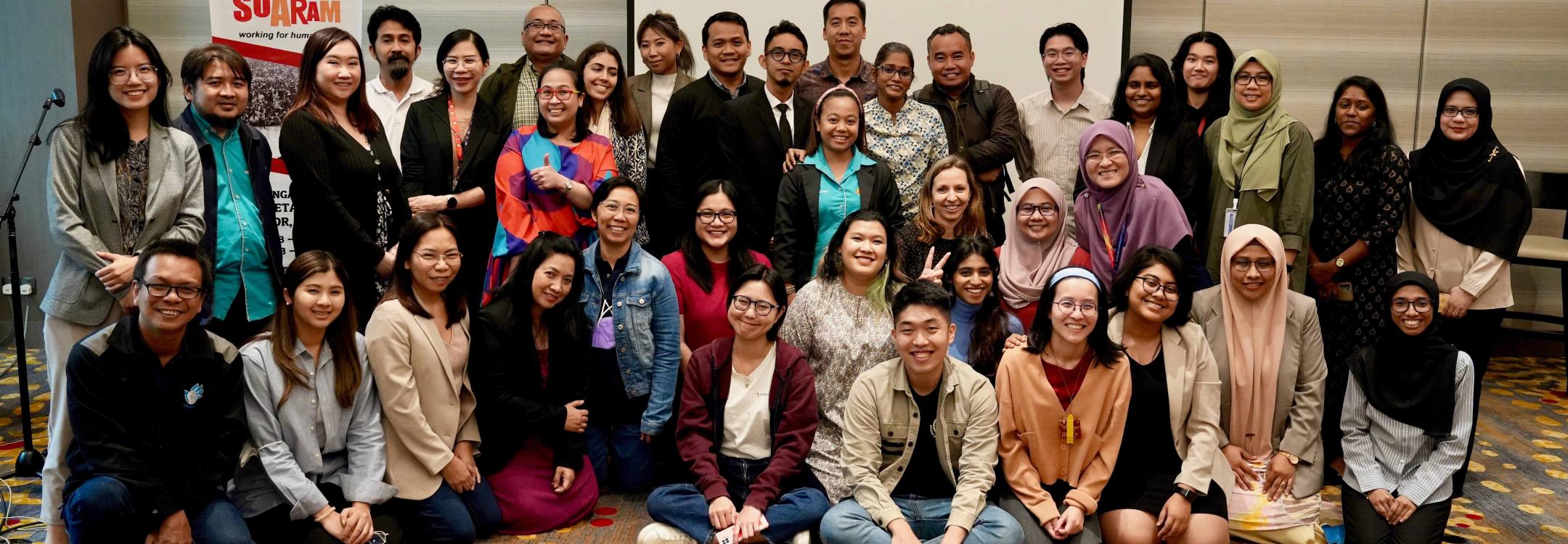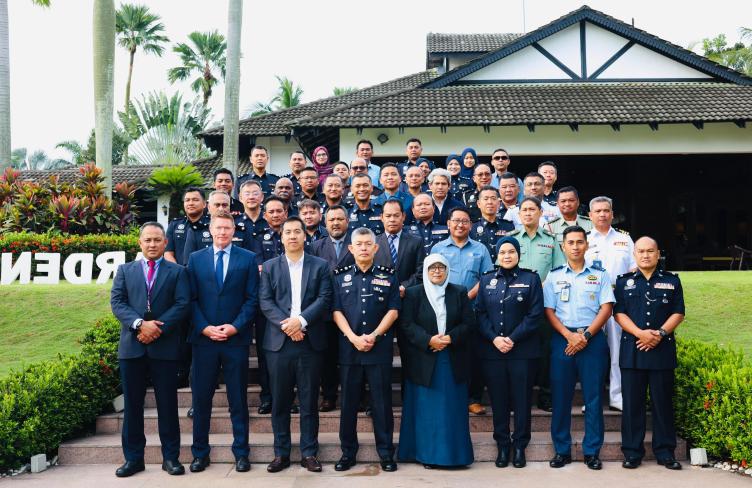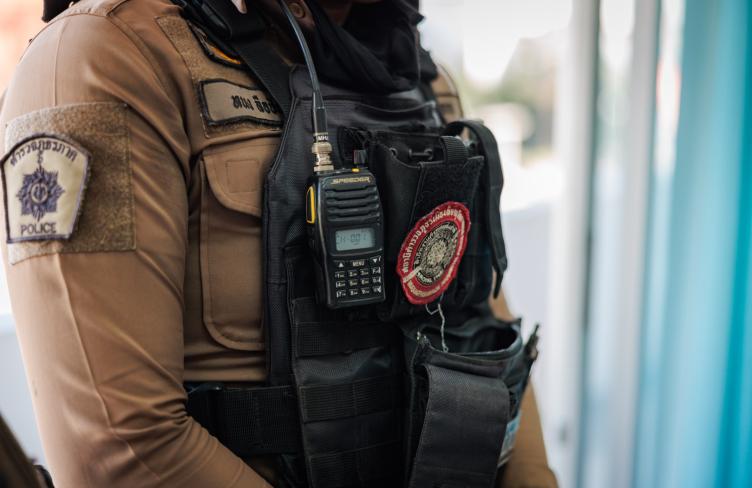
Integrating hope-based communication into torture prevention campaigns and education initiatives was the focus of discussions at the first face-to-face meeting of #SafeInCustody project partners in Kuala Lumpur, Malaysia.
The two-day workshop, held on 8-9 February 2023, included an overview of the key principles that underpin hope-based communication and how this approach can help reframe conversations, outline a shared vision and build partnerships for change.
Skills-based sessions on effective messaging, hope-based storytelling and social media engagement encouraged participants to reflect on how different approaches could support their education and outreach programmes with different audiences, including the police and young people.
This was followed by a facilitated planning session to develop a communications strategy to guide upcoming #SafeInCustody projects in Malaysia, the Philippines and Thailand during 2023.
Hope-based communication is grounded on the principle that we are more effective when we focus on advocating for the world we want and setting an agenda based on shared values and goals.
The workshop sought to deepen a shared understanding of hope-based communication among the three national #SafeInCustody project partners and representatives from the national human rights institutions of Malaysia, the Philippines and Thailand.
A handbook on hope-based communication for torture prevention will be published soon, distilling presentations and conversations from this workshop, co-hosted with SUARAM, and the APT-led online workshop in February 2022.
The workshop included presentations from Mika Ortega, co-founder of Wise Owl, a social change communications firm with broad experience in campaigns and community awareness programmes in the Philippines.
On 7 February, the APT also hosted a one-day seminar on the Méndez Principles on Effective Interviewing for #SafeInCustody project partners and representatives of the Human Rights Commission of Malaysia, Malaysian Act4CAT organisations and key justice experts.
The seminar featured a detailed presentation from Dr Kai Li Chung, Head of Psychology at the University of Reading (Malaysia campus), exploring the psychological aspects of policing interviewing and how the Méndez Principles can help shift away from coercive interrogations that can lead to forced confessions.
Through the #SafeInCustody project, the APT is working with civil society partners – SUARAM (Malaysia), Task Force Detainees of the Philippines, and the Cross-Cultural Foundation of Thailand – to prevent forced confession and incommunicado detention.
The #SafeInCustody project is funded by the European Union. This content is the sole responsibility of the APT and does not necessarily reflect the views of the European Union.



